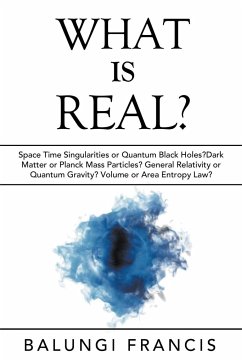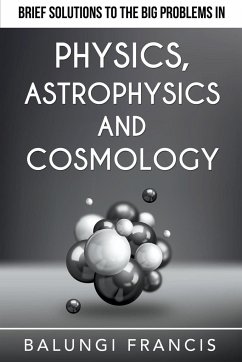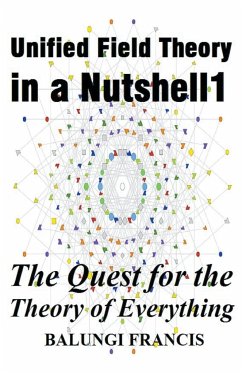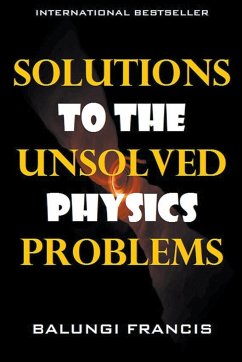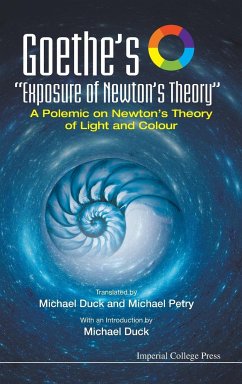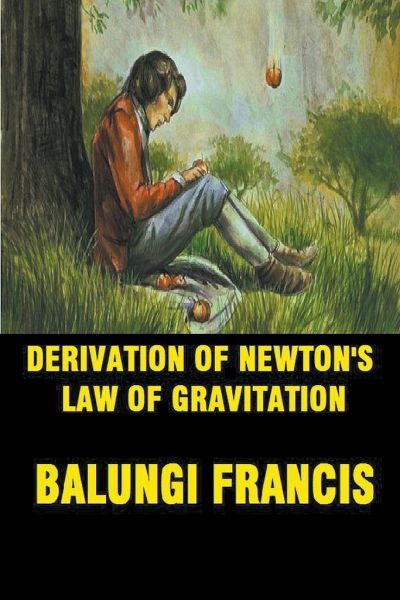
Derivation of Newton's Law of Gravitation
Versandkostenfrei!
Versandfertig in 1-2 Wochen
14,99 €
inkl. MwSt.
Weitere Ausgaben:

PAYBACK Punkte
7 °P sammeln!
In Newton's view, all objects exert a force that attracts other objects. That universal law of gravitation worked pretty well for predicting the motion of planets as well as objects on Earth and it's still used, for example, when making the calculations for a rocket launch. But unfortunately it cannot be derived from first principles. While Newton was able to formulate his law of gravity in his monumental work, he was deeply uncomfortable with the notion of "action at a distance" that his equations implied. In 1692, in his third letter to Bentley, he wrote: "That one body may act upon another ...
In Newton's view, all objects exert a force that attracts other objects. That universal law of gravitation worked pretty well for predicting the motion of planets as well as objects on Earth and it's still used, for example, when making the calculations for a rocket launch. But unfortunately it cannot be derived from first principles. While Newton was able to formulate his law of gravity in his monumental work, he was deeply uncomfortable with the notion of "action at a distance" that his equations implied. In 1692, in his third letter to Bentley, he wrote: "That one body may act upon another at a distance through a vacuum without the mediation of anything else, by and through which their action and force may be conveyed from one another, is to me so great an absurdity that, I believe, no man who has in philosophic matters a competent faculty of thinking could ever fall into it." He never, in his words, "assigned the cause of this power". In all other cases, he used the phenomenon of motion to explain the origin of various forces acting on bodies, but in the case of gravity, he was unable to experimentally identify the motion that produces the force of gravity. Moreover, he refused to even offer a hypothesis as to the cause of this force on grounds that to do so was contrary to sound science. He lamented that "philosophers have hitherto attempted the search of nature in vain" for the source of the gravitational force, as he was convinced "by many reasons" that there were "causes hitherto unknown" that were fundamental to all the "phenomena of nature". These fundamental phenomena are still under investigation and, though hypotheses abound, the definitive answer has yet to be found. "I have not yet been able to discover the cause of these properties of gravity from phenomena and I feign no hypotheses.... It is enough that gravity does really exist and acts according to the laws I have explained, and that it abundantly serves to account for all the motions of celestial bodies." Newton In this book gravity has been derived from first principles without any assumptions. What has been believed to be a fundamental force for years can actually be derived from first principles has this book explains. The derivation is simple and straight foward. The experiment to the derivation has also been proposed. This book will help us rethink Physics.






